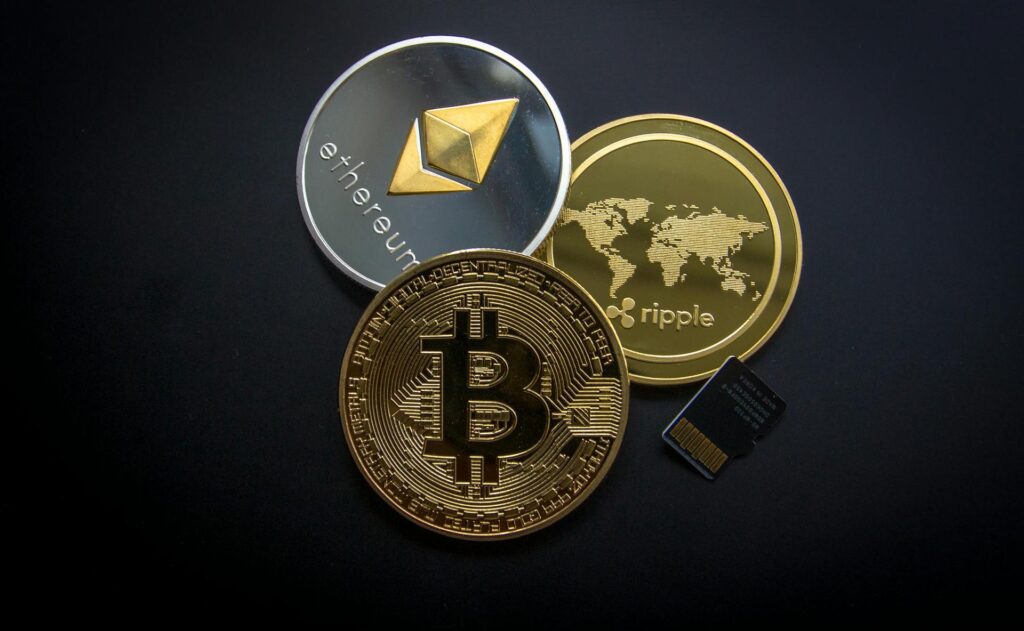Introduction
Bitcoin, often heralded as “digital gold,” has gained prominence as a potential store of value in the financial world. However, its volatile nature has led to debates on its reliability compared to traditional assets like gold and real estate. This article delves into Bitcoin’s role as a store of value, examining its performance during economic downturns, its place in diversification strategies, and the arguments for and against its stability and reliability as a long-term investment.
Bitcoin vs. Traditional Stores of Value
Gold
Gold has been the quintessential store of value for centuries, prized for its scarcity, durability, and intrinsic value. It is often seen as a safe haven during economic turmoil. Bitcoin shares some similarities with gold, such as its finite supply and decentralized nature. Proponents argue that Bitcoin’s digital form makes it more accessible and transferable than gold, while critics point out that gold’s physical properties provide a level of intrinsic value that Bitcoin lacks.
Real Estate
Real estate is another traditional store of value, offering tangible assets that provide utility and income through rent. Its value tends to appreciate over time, providing a hedge against inflation. Bitcoin, on the other hand, does not produce income and is entirely digital, leading to questions about its tangible value and utility. However, Bitcoin’s global accessibility and liquidity offer advantages over real estate, which can be illiquid and subject to local economic conditions.
Performance During Economic Downturns
Bitcoin’s performance during economic downturns has been mixed, sparking debate about its effectiveness as a store of value. During the COVID-19 pandemic, Bitcoin experienced significant volatility, initially dropping in value but subsequently reaching new all-time highs as investors sought alternatives to traditional assets. This pattern highlights Bitcoin’s potential to act as a hedge against economic uncertainty, but also underscores its susceptibility to market sentiment and external shocks.
In contrast, gold and real estate have historically shown more stability during economic crises. Gold prices often rise during downturns as investors flock to safe-haven assets, while real estate values tend to be more resilient, though they can be affected by broader economic conditions.
Role in Diversification Strategies
Diversification is a key strategy for managing investment risk, and Bitcoin has emerged as a popular option for those looking to diversify their portfolios. Its low correlation with traditional assets like stocks and bonds makes it an attractive addition for risk-averse investors. By including Bitcoin in a diversified portfolio, investors can potentially reduce overall volatility and enhance returns.
However, Bitcoin’s high volatility can also increase the risk profile of a portfolio. It is crucial for investors to carefully consider their risk tolerance and investment goals when incorporating Bitcoin into their diversification strategies.
Arguments For and Against Bitcoin as a Long-Term Investment
Arguments For
1. **Scarcity**: Bitcoin’s fixed supply of 21 million coins creates a deflationary asset, which can appreciate in value as demand increases.
2. **Decentralization**: Bitcoin operates on a decentralized network, reducing the risk of government interference or manipulation.
3. **Global Accessibility**: Bitcoin can be easily transferred and accessed worldwide, providing a level of liquidity unmatched by traditional assets.
4. **Hedge Against Inflation**: As central banks continue to print money, Bitcoin is seen as a hedge against inflation and currency devaluation.
Arguments Against
1. **Volatility**: Bitcoin’s price is highly volatile, which can lead to significant short-term losses and makes it unpredictable as a store of value.
2. **Regulatory Risks**: Governments around the world are still grappling with how to regulate Bitcoin, leading to potential legal and regulatory risks.
3. **Security Concerns**: Despite its decentralized nature, Bitcoin is susceptible to hacking and theft, with several high-profile exchange hacks raising concerns about its security.
4. **Lack of Intrinsic Value**: Unlike gold and real estate, Bitcoin lacks intrinsic value, relying solely on market perception and demand to sustain its price.
Conclusion
Bitcoin’s role as a store of value remains a topic of intense debate. While it shares characteristics with traditional stores of value like gold and offers unique advantages in terms of accessibility and decentralization, its volatility and regulatory uncertainties pose significant challenges. As part of a diversified investment strategy, Bitcoin can provide benefits, but investors need to weigh the arguments for and against its stability and reliability as a long-term investment.
For more insights and analyses on Bitcoin and other cryptocurrencies, visit Degen Dude.




